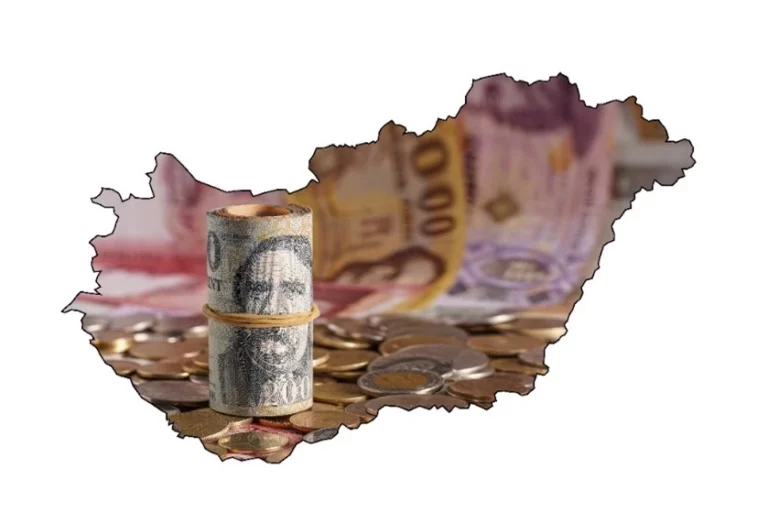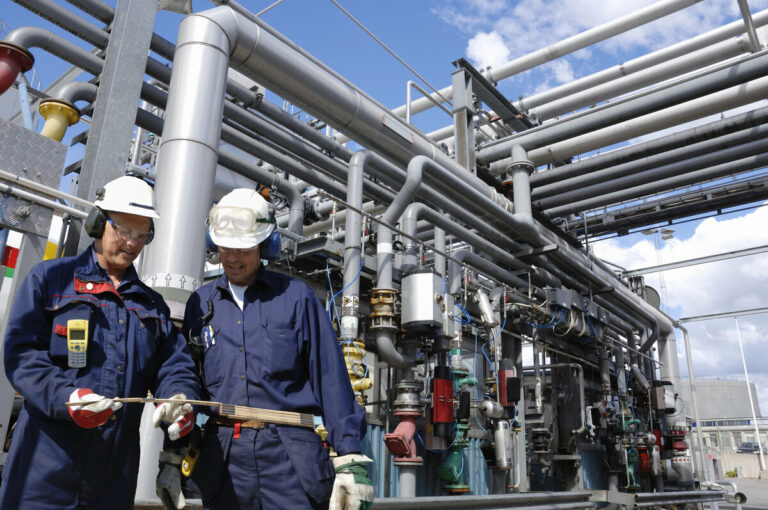Hungary
Top Hungary news: Rescue flights, Péter Magyar’s top candidates, Zelensky message, economic hardships – 3 March, 2026

Zelensky: Orbán could lose the April elections, after which full relations could be restored – here is Orbán’s harsh reply

Thousands of Hungarians stranded in the UAE amid escalating Middle East tensions

Forint plunges with little hope of reversal

Tourism in Hungary: How European policies shape the country’s tourism industry

MOL: Croatian pipeline to deliver Russian oil to Hungary too expensive

It’s looking grim: a massive new crisis looms, and Hungary could be among the biggest losers

Hamilton also wears this: Lululemon to open its first store in Hungary in March

Missing ambulance driver dooms Hungarian professor in Sri Lanka

Dates set at Budapest Airport for when upgrade, rapid rail line to the city centre will be completed

Péter Magyar’s top MP candidates revealed: opera singer, zoo director, Shell vice-president

MOL CEO Hernádi: No damage to Druzhba pipeline, diesel shortage expected; Zelensky: give something for crude delivery restart

Hungary launches rescue flights from the Middle East, Wizz Air steps up service, Flydubai restarts flights

Toxic metals, unsafe devices – what are we really inhaling from illegal vapes in Hungary?

Reel bridges: celebrating India–Hungary friendship through cinema – photo gallery

Top Hungary news: drone strike, Wizz Air crisis, terror threat level heightened, fuel prices – 2 March, 2026

Two UAE key airports resume limited flight operations amid Iran attacks – can Hungarians get home?

Hungarian FM Szijjártó: open manhunt under way in Ukraine to maintain the war





 ZH
ZH IT
IT DE
DE HR
HR NL
NL FR
FR JA
JA RO
RO RU
RU ES
ES TR
TR
